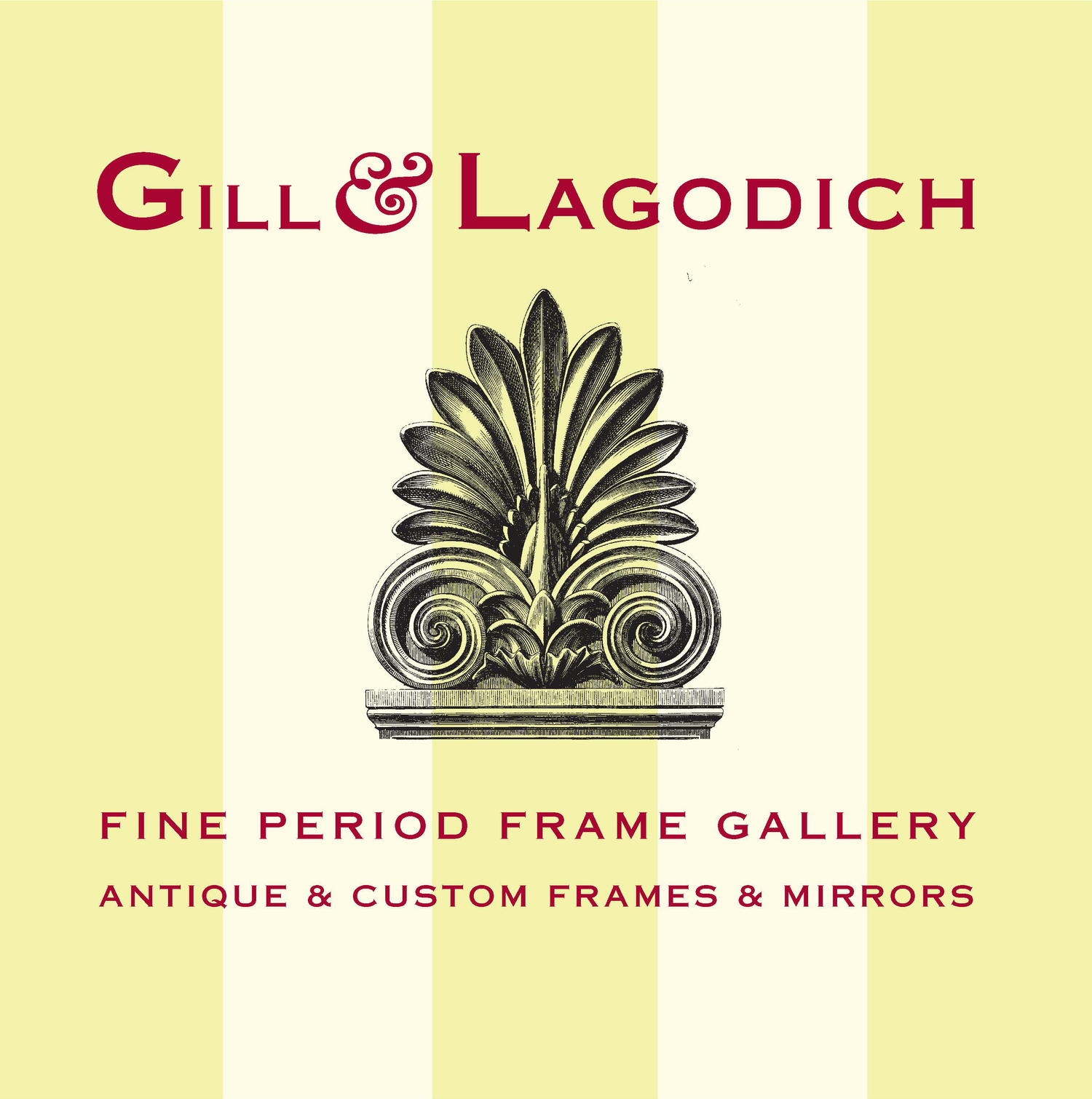GEORGE TOOKER

GEORGE TOOKER (1920 – 2011)
Highway, egg tempera on gesso hardboard, 1953, 22-7/8" x 17-7/8", custom-made replica frame, first-quarter 20th century American frame; black-painted wood with added 5/8”-visible red velvet liner, Molding width: 2-5/8" Terra Foundation for American Art, Daniel J. Terra Collection, 1992.134 Extended loan: Pennsylvania Academy of the Fine Arts (PAFA), Philadelphia, Pennsylvania (2011–2016) "The extended loan of the Terra Foundation’s painting ‘Highway’ by George Tooker, will enhance an installation of artists such as Gertrude Abercrombie, George Ault, Kurt Seligman, Honoré Sharrer, Yves Tanguy, Dorothea Tanning, John Wilde, and Andrew Wyeth at PAFA. The opportunity to develop additional programming as the result of the Tooker loan allows PAFA to pursue a symposium on a group of artists, including Peter Blume, George Tooker, Ivan Albright, and other Americans who used a realist method to invent their own worlds by transforming the symbolic language of Old Master painting into a contemporary idiom. These artists’ works gravitated towards the uncanny and were often called “magic realists.”"

GEORGE TOOKER (1920 – 2011)
Window VIII, 1966, egg-yolk tempera on gessoed board, 24 x 20 inches. Framed by Gill & Lagodich for the Saint Louis Art Museum. Period c. 1940s American frame, stained wormy chestnut, wide cassetta profile, molding width 4-7/8 in. “Suffused light caressing this man’s torso conveys a sensual vulnerability, and backlighting emphasizes his peaceful expression. The artist, George Tooker, took great care to convey the tender beauty of the Black male body. Tooker created a series of paintings between the 1950s and 1980s in which a window frames single or coupled figures. The compositions were inspired by the artist’s New York City neighborhood, where residents were drawn to their windows to seek respite from the heat or to view the street life below. Tooker was an openly gay man who identified as biracial; his mother was Cuban, and his father was white. He intentionally depicted figures with mixed or often ambiguous gender, sexual, and racial identities in order to break down the prejudices that posed dangerous consequences for such communities. Tooker’s paintings have layered meanings. The Arabic inscription across the top, loosely translated to “may God please [or satisfy] you,” was included in honor of the then-recently slain activist Malcolm X, whom Tooker admired.” —museum label. Museum Purchase, by exchange; painting image © Estate of George Tooker, Courtesy of DC Moore Gallery, New York.


